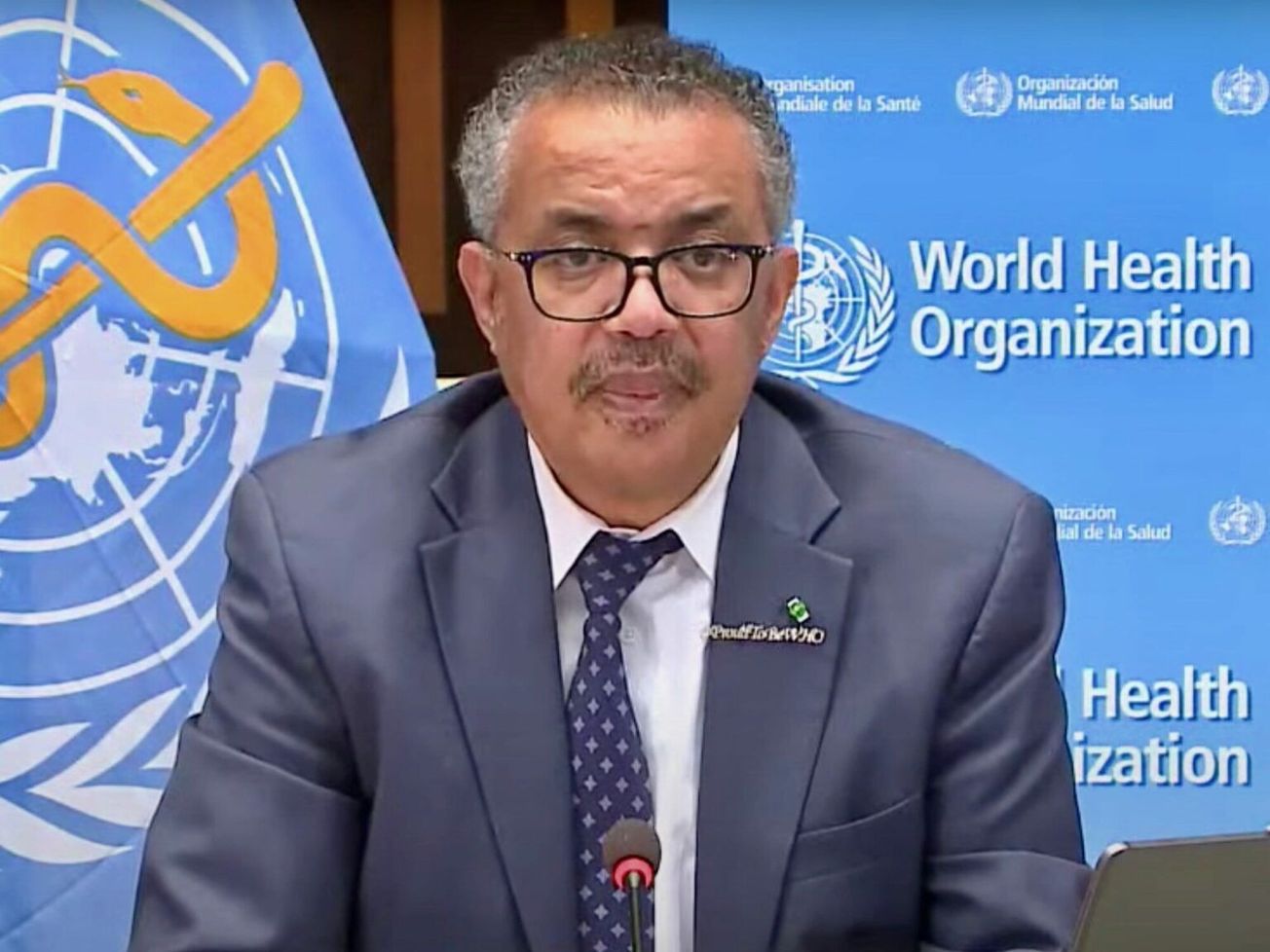GENEVA (AN) — The World Health Organization's director-general said on Monday he will self-quarantine as a second wave of the COVID-19 pandemic hits Europe including the Swiss city where the U.N. health agency is based.
Tedros Adhanom Ghebreyesus said he was feeling well and not experiencing symptoms, but that he was going to isolate himself for a period of time because of a contact who had tested positive for the coronavirus. Tedros planned to work from home in line with WHO protocols, he said, even though he has not tested positive.









